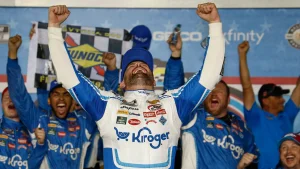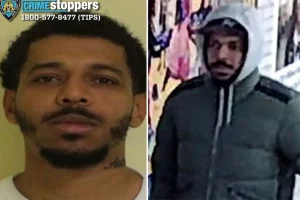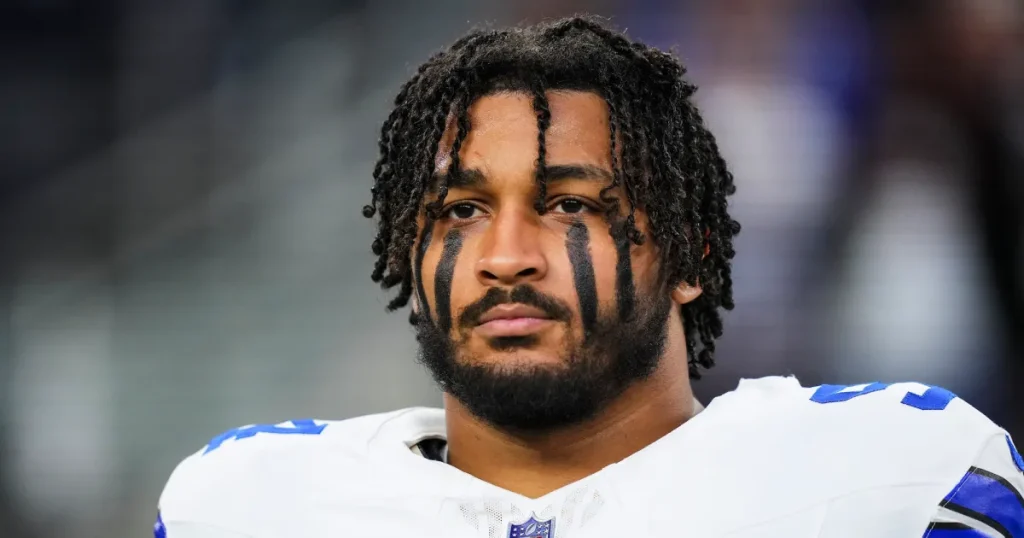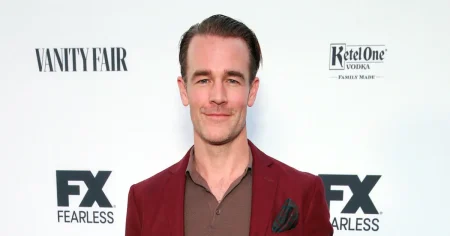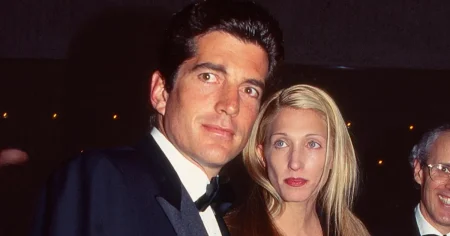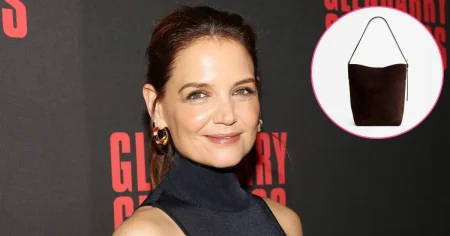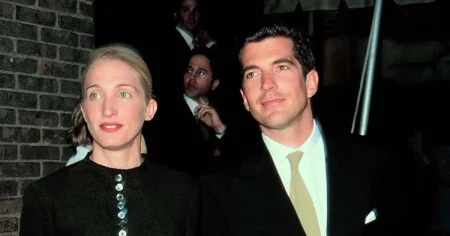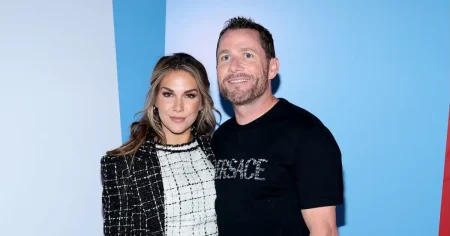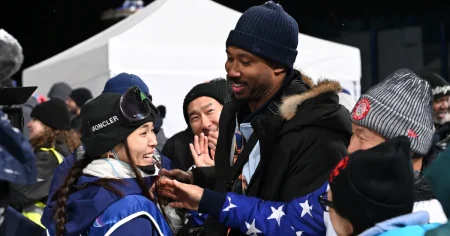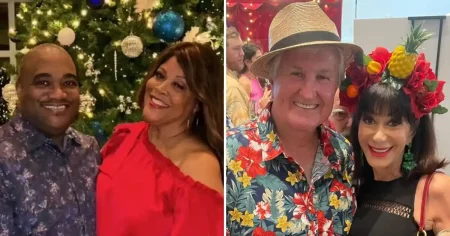The Final Hours of Marshawn Kneeland: A Tragic Loss
Surveillance footage has provided a haunting glimpse into the final hours of Dallas Cowboys star Marshawn Kneeland’s life. The video, obtained by ESPN, shows Kneeland’s vehicle speeding northbound on the Dallas North Tollway on the evening of Wednesday, November 5, with police vehicles in pursuit. The footage captures his car exiting the highway onto a parallel access road before making a U-turn via an overpass. Tragically, at 10:40 p.m., just one block from Cowboys headquarters, Kneeland collided with a pickup truck. What followed was a desperate situation as Kneeland fled the scene on foot, triggering a police search involving K9 units and drones. The search ended in heartbreak when authorities discovered Kneeland’s body at 1:31 a.m. on Thursday, November 6, with initial reports suggesting he had taken his own life, though the official cause of death remains under investigation. The police chase began after officers attempted to pull Kneeland over for a traffic violation, a seemingly routine stop that spiraled into tragedy.
Behind the scenes, concerns for Kneeland’s wellbeing had already been mounting. On the night of the chase, Cowboys director of security Cable Johnson had contacted law enforcement requesting a welfare check on the player. In audio later obtained by Us Weekly, Johnson revealed that Kneeland had expressed he was “not able to go to prison or to jail.” The situation grew more alarming as it came to light that Kneeland had sent what appeared to be “goodbye” texts to family and friends. His girlfriend, Catalina Mancera, informed police that Kneeland had “a history of mental health illness,” adding another layer of complexity to the unfolding tragedy. The personal dimensions of this loss became even more poignant during a Cowboys press conference on November 12, when head coach Brian Schottenheimer revealed that Mancera is currently pregnant, highlighting the extended impact of this loss on Kneeland’s growing family and adding to the profound sense of tragedy surrounding his untimely death.
In response to this devastating loss, the Cowboys organization has established the Marshawn Kneeland Memorial Fund to support Mancera and Kneeland’s family. During the emotional press conference, Schottenheimer offered heartfelt condolences to Kneeland’s loved ones, saying, “I’d like to take a few moments and offer my condolences to Marshawn’s family, Catalina, his girlfriend.” The coach shared how the team had gathered the previous night to celebrate Kneeland’s life, telling stories and sharing memories of the player who was known for his motto “one love.” Schottenheimer reflected on what he would miss most about Kneeland, conveying the deep personal impact the player had on those around him. “My heart is heavy, my team’s heart is heavy,” the coach acknowledged, before adding a sentiment that captures the difficult path forward: “We don’t move on, but we do move forward.” The team is scheduled to return to action for the first time since Kneeland’s death on Monday, November 17, when they face the Las Vegas Raiders on Monday Night Football.
The Kneeland family released a statement on November 6 that offered a glimpse into the person Marshawn was beyond the football field. His father Shawn, brothers AJ and Shawn Jr., and sister Yahmya expressed their devastation at this “tremendous loss” and acknowledged they were still processing the depth of their grief. Their statement painted a picture of a multifaceted individual whose impact extended far beyond his athletic achievements: “As Marshawn was making his mark on the football field with the Dallas Cowboys, he held an even more special place off the field — as a devoted son, brother, uncle, cousin, nephew, grandson, and friend.” These words remind us of the whole person behind the headlines, a young man embedded in a network of loving relationships now permanently altered by his absence.
The family’s tribute continued to illuminate Kneeland’s character, describing him as “kind, determined, humble, and full of love.” They spoke of how “his light shone brightly in every life he touched, and his spirit will continue to live on through the countless hearts he inspired.” In these words, we sense the profound legacy Kneeland leaves behind – not just as an athlete, but as a human being who touched many lives with his presence. The family expressed gratitude for the “outpouring of love and support from friends, fans, and the community” while requesting privacy as they “come together as a family to honor and remember Marshawn’s life and legacy.” Their statement serves as a reminder of the ripple effects of such a loss, extending from immediate family to teammates, friends, fans, and beyond.
This tragic story unfolds against the backdrop of broader concerns about mental health and wellbeing, particularly among athletes who face enormous pressures both on and off the field. The inclusion of the crisis hotline information at the end of the original report – “If you or someone you know is struggling or in crisis, help is available. Call or text 988 or chat at 988lifeline.org” – acknowledges the importance of mental health resources and support systems. Kneeland’s death, occurring at just 25 years of age with a promising career ahead and a child on the way, underscores the vulnerability that exists regardless of public success or achievement. As the Cowboys organization, Kneeland’s family, and the broader sports community continue to grapple with this loss, his story becomes not just a tragic headline but a sobering reminder of the human beings behind the uniforms – complete with struggles, hopes, relationships, and futures suddenly and irrevocably altered. The circumstances surrounding Kneeland’s final hours invite reflection on how we support those in crisis and the complex realities that often lie beneath public personas.

